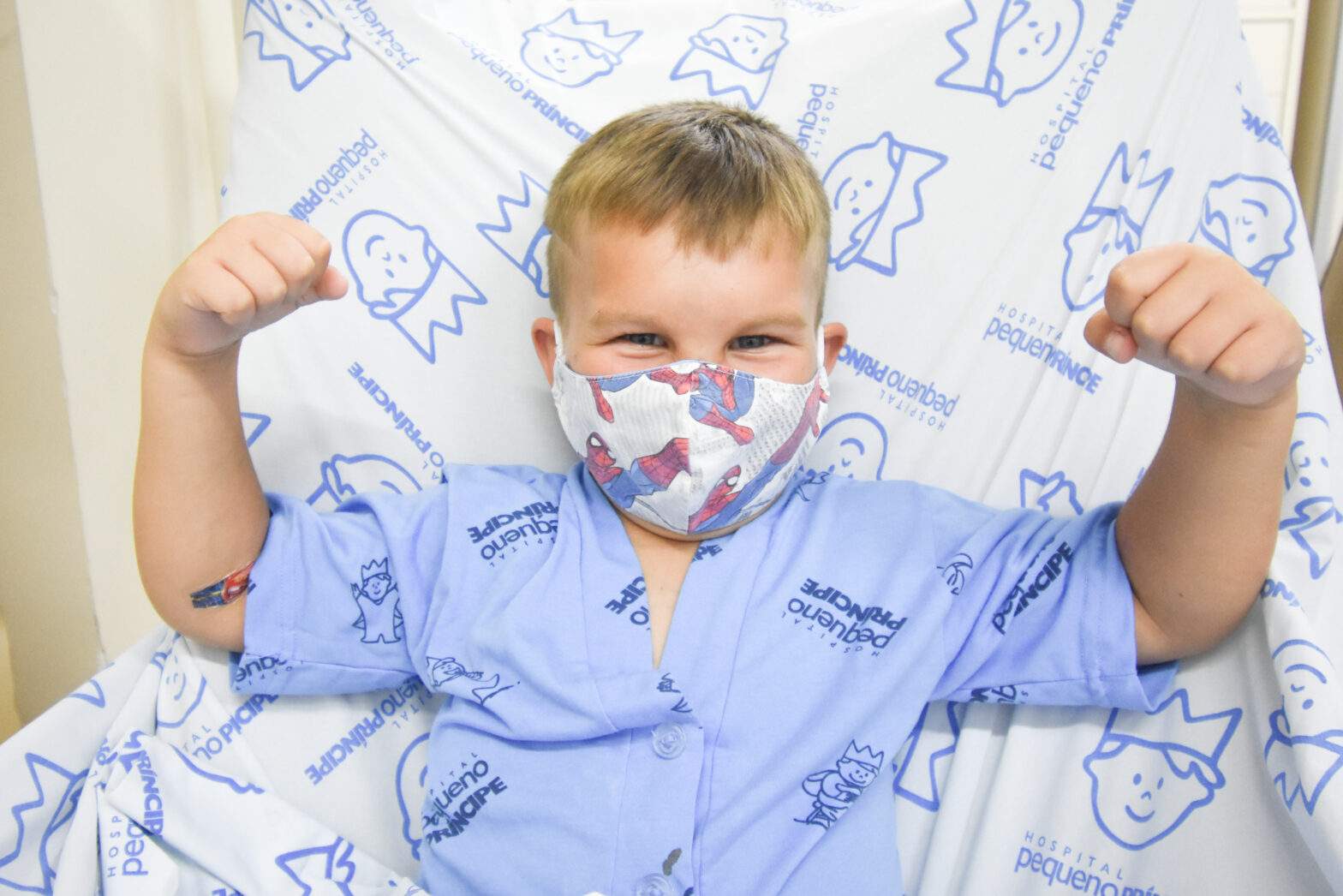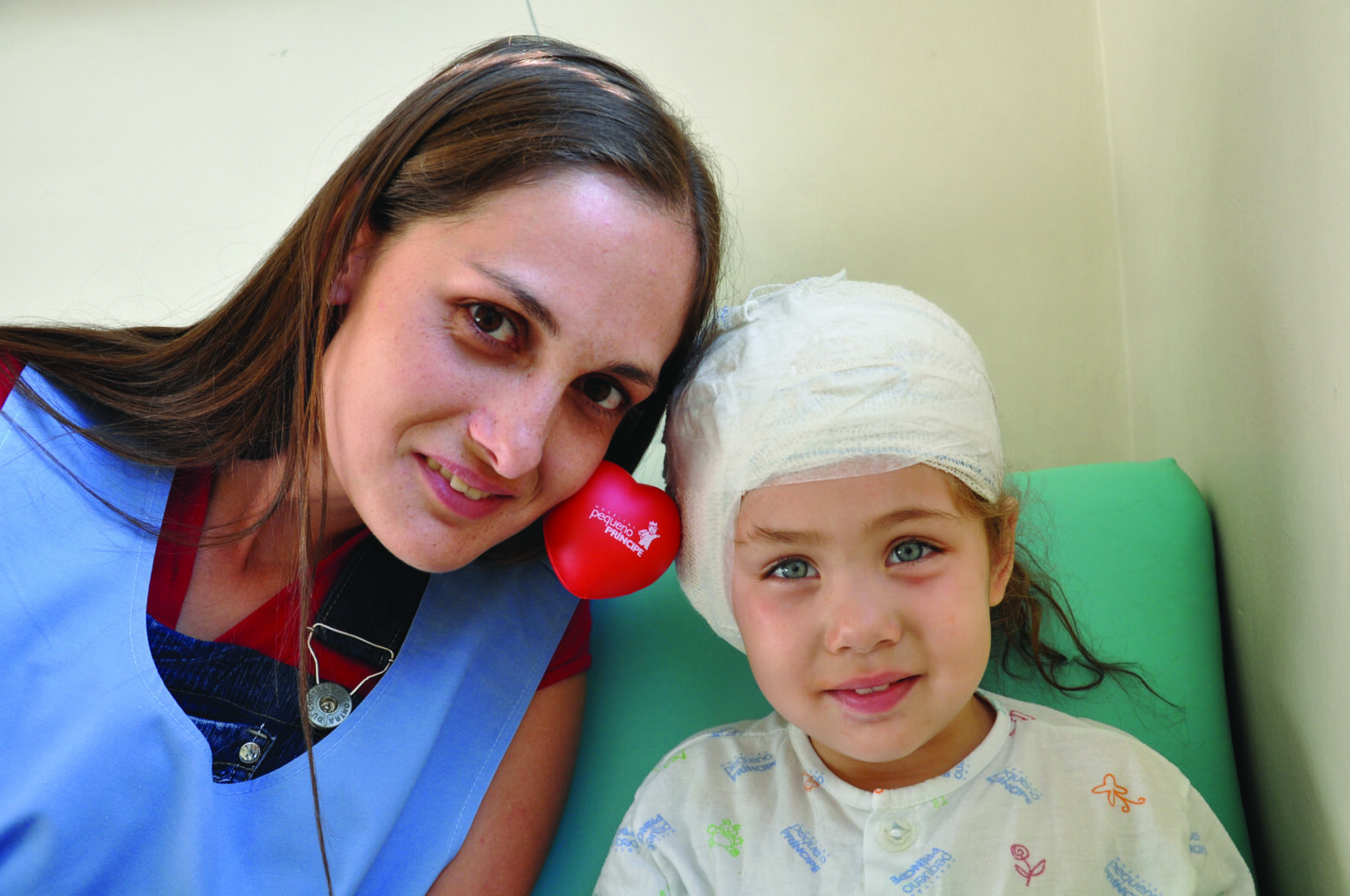Leukemia research seeks to increase knowledge around the disease
Scientists intend to find markers to help indicate tailored treatments to the disease, increasing the chances of cure
Leukemias represent the most common type of cancer in children and adolescents, responsible for about 33% of all malignancies in children under 14 years of age worldwide. The most common type of leukemia in children and adolescents is acute lymphoid leukemia (ALL). Early diagnosis and treatment of ALL is critical to achieve a cure for the disease.

At the Pelé Pequeno Príncipe Research Institute, a group of scientists is developing the project “Searching for markers of therapeutic response in Acute Lymphoblastic Leukemia (ALL): monitoring the variations of gene expression and enteric microbiome in pediatric patients with ALL throughout chemotherapy treatment”. The study will be dedicated to evaluating the different responses that patients show during ALL treatment, from a molecular as well as intestinal microbiota (set of microorganisms that inhabit the intestine) perspective.
“Each patient responds to treatment in a different way. We will collect data on what happens in the cells and intestines of these children and then cross-reference this data to try to identify early markers that indicate whether the child will respond well to therapy,” explain research coordinator Roberto Rosati and co-coordinator Líbera Maria Dalla Costa. With this they intend to contribute to the treatments being even more assertive, increasing the chances of cure for patients with this type of leukemia.
Discoveries about this interaction may also allow the development of new therapies that can restore the intestinal microbiota, protect patients against infections and enhance both the immune response and the therapeutic capacity of patients with leukemia.
The study will involve 60 patients seen at the Oncology services from Pequeno Príncipe, Erasto Gaertner, Nossa Senhora das Graças and Hospital das Clínicas hospitals, all in Curitiba (Paraná). The participation in the research may also represent an additional care in the treatment of these children, since they will have access to a series of molecular tests that are not performed during a conventional treatment.

National Program of Support for Oncologic Attention – PRONON
With a budget of approximately US$ 800,000, this project has been approved by the National Program of Support for Oncologic Attention (PRONON) and has received resources from the Pequeno Príncipe supporting companies, enabled by the tax waive program.
The Pequeno Príncipe has been caring for children with cancer since 1962, having formalized its Oncology Service in 1968. During these more than 50 years of work, it has improved its performance by investing in the physical structure, to provide more comfort to the patients and their families; in the diagnostic structure, allowing for the early identification of the disease in order to save more lives; and in professional training and increasingly assertive treatments, with new drugs, new techniques and new procedures, such as the bone marrow transplant. PRONON has become an important source of resources that has helped make possible the constant advances in the service provided.
More
Pequeno Príncipe creates an outpatient clinic for the post-COVID-19 cardiologic follow-up of patients
The purpose is to extend the assistance to other specialties, avoiding the mortality of children and adolescents caused by complications brought by the coronavirus in the medium and long-term
Cochlear Implant Service of Pequeno Príncipe turns 10 years old
According to the Ministry of Health, for each thousand children born in Brazil, three present problems related to deaf; procedure is offered by the Public Health System








